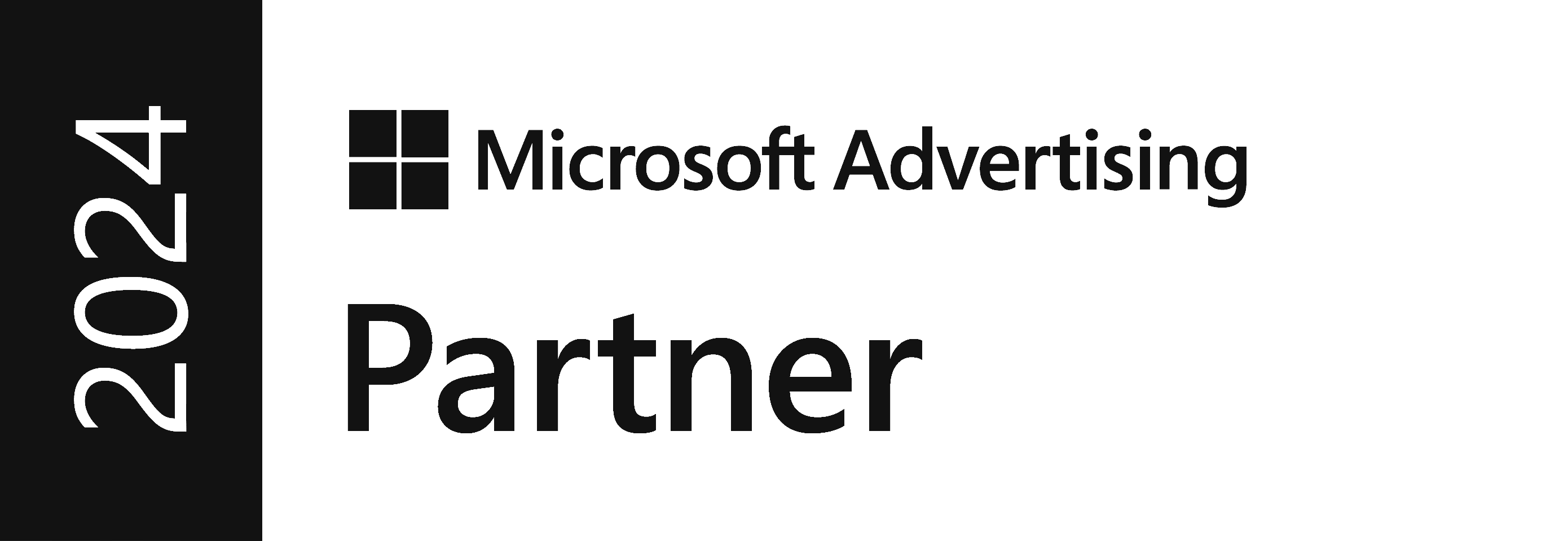The dust is settling on last week’s Dev Day conference, with OpenAI announcing the release of host of new features and entirely new creations in the world of AI. AI has existed in many forms for decades now, but OpenAI have brought things into the mainstream and the launch of ChatGPT in particular has been a gamechanger for many. Since then, the developments have come thick and fast, with something of an AI arms race developing as OpenAI try to lure Google’s AI experts with bumper paydays.
There’s no doubt that ChatGPT is an incredible tool, but trying to keep up with almost daily developments in the field can sometimes feel like an impossible task. So, here’s a list of the latest updates from OpenAI and the latest suite of AI tools open to all.
Introducing GPT-4 Turbo
Most of us are aware of Chat GPT-4, the previous gold standard for ChatGPT – even if many of us were still using the free version of 3.5! Well, there’s a new GPT in town; GPT-4 Turbo. This is the latest version from OpenAI which claims to have more affordable pricing than GPT-4. You can find the specifics of this pricing on the OpenAI website if you want to read about input and output tokens but, essentially, GPT-4 Turbo can understand and generate responses based on larger context and data sets, so you can generate a better response in fewer queries. It’s also updated with world events and data up to April 2023. Previously versions were only updated to January 2022 – so it would have no knowledge of world events or data that occurred from February 2022 onwards.
Build Your Own Custom GPTs
This is the big one for a lot of people! Custom GPTs allow you to build a personalised version of ChatGPT specific to your business and tailored to a task or role. This opens up AI for a lot of people, lowering the barrier to entry from software engineers and experienced coders to anyone with an idea and the desire to bring it to life.
An example would be a recent test I worked on which was designed to recommend a pizza depending on what mood you were in. By setting up the basics and uploading a data set of pizza orders and customer mood when they ordered, users could then ask the GPT what sort of pizza they should get. Based on how they said they were feeling, the GPT would recommend the one the data said they were in the mood for. Given enough time, the AI would also be able to learn and adapt if the historic data didn’t support the results it was getting. Not exactly earth-shattering stuff, but a good example of something which can be built from the ground up without the need for complex coding.
Better yet, there will be a GPT Store rolling out soon, which will allow people to share and monetise their GPTs (just like the app store). If someone builds a GPT which would be great for your business, you can buy it “out of the box” and get started. Or, if you create your own GPT, you can put it on the Store for others to buy and use. So, if Dominos or Pizza Hut want to talk about my mood-based pizza topping GPT, give me a call.
Meet the Assistants API
The new Assistants API allows developers to build more complex AI assistants with the ability to use more autonomous, intelligent behaviours. From enhanced “personalities” to being able to follow persistent conversation threads, it allows for more complex interactions and customer service scenarios.
Company-Specific AI With Custom Models
A more costly option geared to larger organisations with chunky AI budgets, Custom Models can be created in collaboration with OpenAI’s experts to be integrate with a business’ own workflows, data systems and outputs. These Custom Models are also exclusive and ensure that a company’s data won’t be used to train an AI running elsewhere. With data ownership and copyright a huge issue with OpenAI, this is an essential step for reassuring businesses who may be reluctant to allow AI to access their systems or upload their own data sets which could be used to train AI used by a competitor.
Copyright Shield Protects GPT Users
On that note, OpenAI have also announced the so-called Copyright Shield, which offers legal protection to platform users. If you find yourself facing a copyright claim from someone who recognises their work in the AI that you used to produce something else, OpenAI will cover your legal fees. There has been a lot of discourse about ownership and copyright as AI becomes more widespread. If your copy, content, or creation is being used to train an AI model which then uses it to generate something else, should you be credited/compensated? It’s a huge grey area in AI, with the law not moving fast enough to keep pace. However, OpenAI have obviously decided that it’s a price worth paying (literally!) to address an increasingly critical aspect of content generation. The current legal case in the US by authors who object to their work being used to train AI with their knowledge or consent is still being heard, so it will be interesting to see if OpenAI ends up with a hefty bill! We’ve already seen the launch of the Nightshade programme, designed to corrupt images and poison the AI using them to learn how to create artwork and images, and 26% of the top 100 websites blocking the GPTBot to stop their content being used to train AI. The Copyright Shield seems like OpenAI’s latest attempt to reassure users, but what measures will content creators fire back with to stop their creative work being used in the first place?
Whether it excites you or terrifies you (or maybe a little of both!) AI tools are advancing at an incredible rate and making AI much more accessible to everyone and anyone. The AI revolution has been compared to the spread of literacy in the Middle Ages, where the power of literacy (AI or otherwise) moves from the hands of the few to the hands of the many, and this new suite of tools from OpenAI makes something which may have seem impossible just a few months ago completely achievable today.
1st Floor, Alphin Brook House,
Alphin Brook Road,
Exeter EX2 8RG
MORE THAN
Digital
Marketing.
View our sustainability page.
PPC for B2B
PPC for Law Firms
PPC for Luxury Ecommerce Brands
PPC for Travel and Tourism






